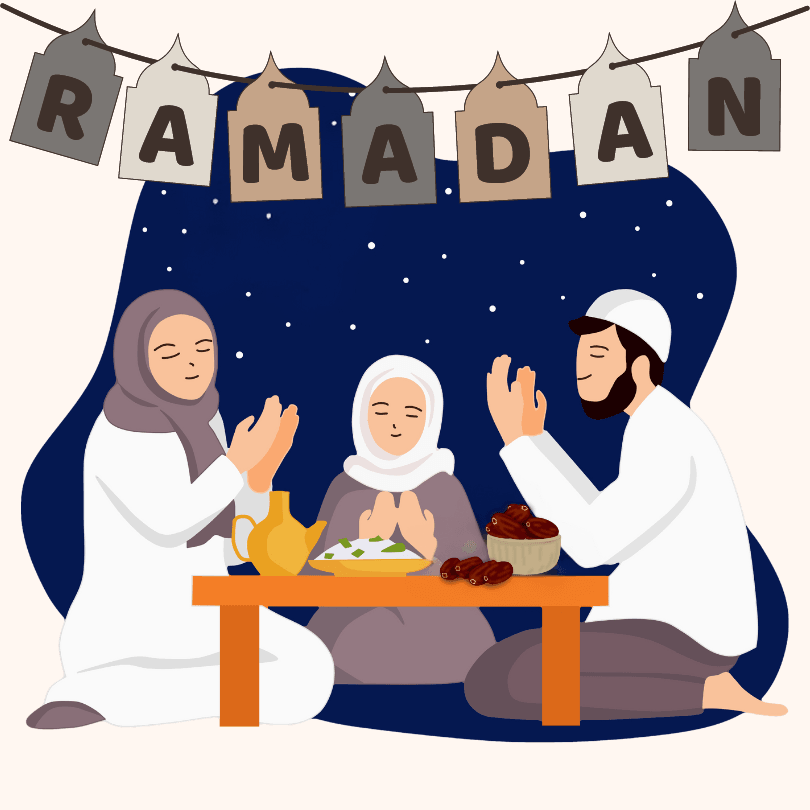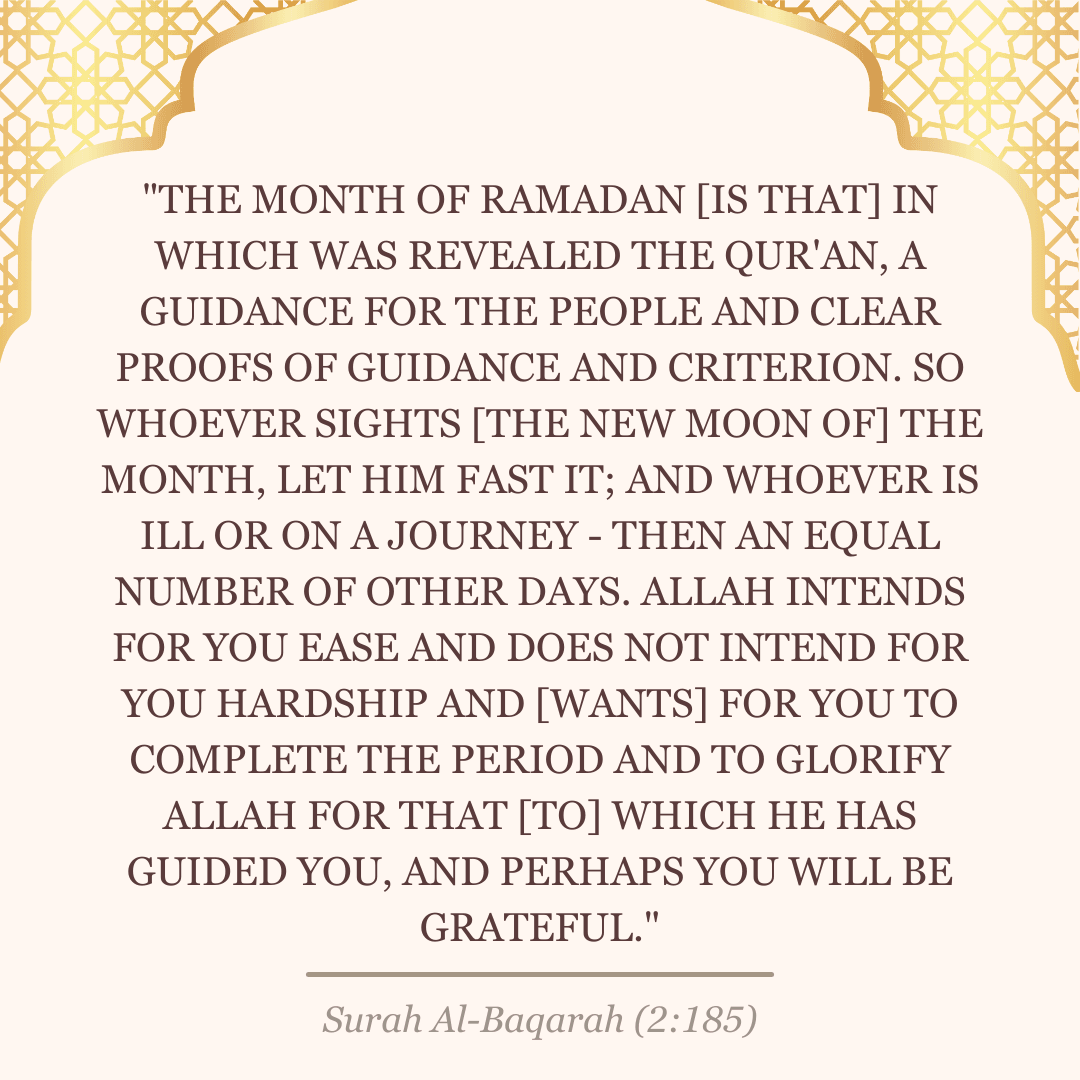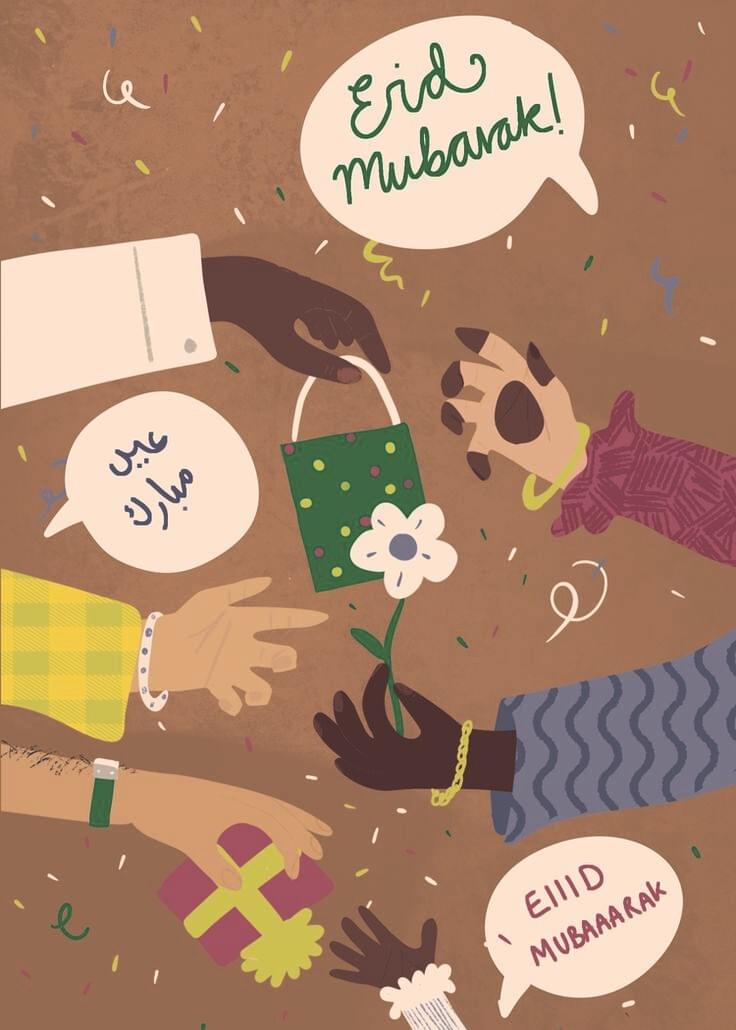


Islamic Insights
- Learn about Islam
- …
- Learn about Islam


Islamic Insights
- Learn about Islam
- …
- Learn about Islam


Ramadan: Everything you need to know
(and yes, even water)
Ramadan, the ninth month of the Islamic lunar calendar, is considered the holiest month for Muslims. It commemorates the first revelation of the Quran to Prophet Muhammad (peace be upon him). The primary purpose of Ramadan is to cultivate piety, self-discipline, and empathy for the less fortunate. It is a time for the Muslim community to come together, strive to be their best selves, and devote themselves to their religion.
Fasting (Sawm)
Fasting during Ramadan is one of the Five Pillars of Islam and is obligatory for all adult Muslims who are physically and mentally able. Muslims fast (abstain from food and water) from dawn (Fajr) until sunset (Maghrib) for the entire month of Ramadan.
Practices:
Suhoor: A pre-dawn meal eaten before the Fajr (sunrise) prayer.
Iftar: The meal to break the fast at Maghrib (sunset) prayer, often starting with dates and water, followed by a larger meal.
Tarawih (Night Prayers): Special evening prayers held every night after the obligatory Isha (night) prayer and are unique to this holy month, can be performed individually or in congregation at the mosque, where the Quran is recited in its entirety over the course of the month, usually takes 2 hours nightly

Spiritual Practices
- Increased Worship: Muslims increase their acts of worship, including additional prayers (Tarawih), reading the Quran, and making Dua (supplication).
- Quran Recitation: Many Muslims aim to complete the recitation of the entire Quran during Ramadan.
- Night of Decree (Laylat al-Qadr): The exact night is unknown, but it is believed to occur on one of the last ten odd-numbered nights of Ramadan. Worship on this night is considered highly meritorious.
- Zakat al-Fitr: A special form of charity given at the end of Ramadan before the Eid al-Fitr prayer, intended to purify those who fast from any indecent act or speech and to help the poor and needy.
- General Charity (Sadaqah): Muslims are encouraged to be especially charitable during Ramadan.

End of Ramadan (Eid al-Fitr)
"Festival of Breaking the Fast"
Eid al-Fitr marks the end of Ramadan and is celebrated with prayers, feasts, and giving gifts, especially to children.
Eid al-Fitr begins with the sighting of the new crescent moon (called hilal), which signals the start of the next lunar month, Shawwal.
Eid al-Adha falls on the 10th day of the month of Dhul-Hijjah, after the annual pilgrimage (Hajj) to Mecca.
Giving Zakat al-Fitr: Also known as Fitrana, this is a form of charity given to the poor and needy before the Eid prayer.
It is obligatory for every Muslim who has the means to give
Festive Meals: Families then gather for larger feasts, enjoying a variety of traditional foods and sweets.
Dressing Up: Muslims wear new or their best clothes for the Eid celebrations, symbolizing purity and renewal. It is common to apply perfume and maintain personal hygiene.
Socializing and Visiting: Visiting friends and family, exchanging gifts, and spreading goodwill are central to the celebrations.


